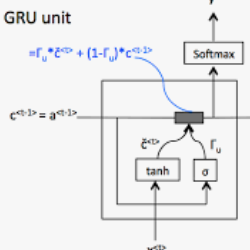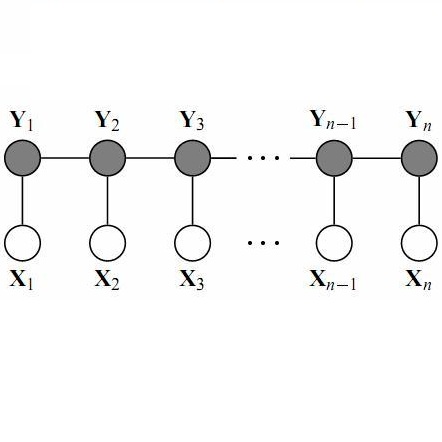Aspect-based Sentiment analysis (ABSA) accomplishes a fine-grained analysis that defines the aspects of a given document or sentence and the sentiments conveyed regarding each aspect. This level of analysis is the most detailed version that is capable of exploring the nuanced viewpoints of the reviews. Most of the research available in ABSA focuses on English language with very few work available on Arabic. Most previous work in Arabic has been based on regular methods of machine learning that mainly depends on a group of rare resources and tools for analyzing and processing Arabic content such as lexicons, but the lack of those resources presents another challenge. To overcome these obstacles, Deep Learning (DL)-based methods are proposed using two models based on Gated Recurrent Units (GRU) neural networks for ABSA. The first one is a DL model that takes advantage of the representations on both words and characters via the combination of bidirectional GRU, Convolutional neural network (CNN), and Conditional Random Field (CRF) which makes up (BGRU-CNN-CRF) model to extract the main opinionated aspects (OTE). The second is an interactive attention network based on bidirectional GRU (IAN-BGRU) to identify sentiment polarity toward extracted aspects. We evaluated our models using the benchmarked Arabic hotel reviews dataset. The results indicate that the proposed methods are better than baseline research on both tasks having 38.5% enhancement in F1-score for opinion target extraction (T2) and 7.5% in accuracy for aspect-based sentiment polarity classification (T3). Obtaining F1 score of 69.44% for T2, and accuracy of 83.98% for T3.
翻译:以视觉为基础的感官分析(ABSA) 完成了精细分析, 定义了特定文档或句子的方方面面, 以及每个方面表达的情绪。 这一分析水平是最详细的版本, 能够探索审评的细微观点。 ABSA 中的大多数研究都集中在英语语言上, 很少有阿拉伯语方面的工作。 大部分先前的阿拉伯语工作都基于常规的机器学习方法, 这主要取决于分析和处理阿拉伯语内容( 如词汇系统)的稀有资源和工具组, 但缺乏这些资源带来了另一个挑战。 要克服这些障碍, 深度学习(DL) 方法是使用基于Gate 常规单位(GRU) 神经网络网络的两种模型来为ABABA提供最精确的观点分析。 在IMU IMLIB 数据库中,第二个模型是利用IMUG 基准数据(ROB) 的精度分析方法, 用于IMFR IMB 的精度分析。





